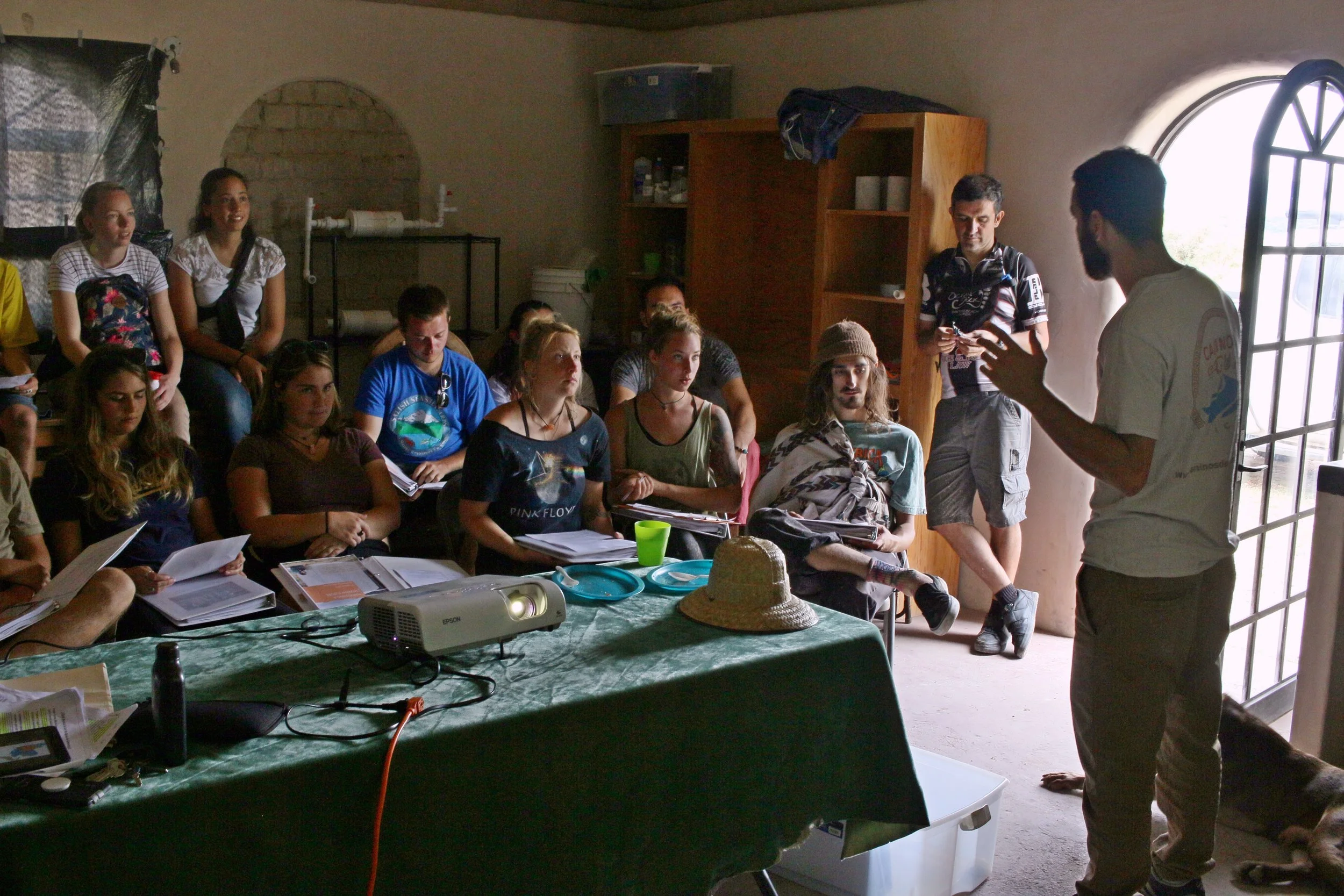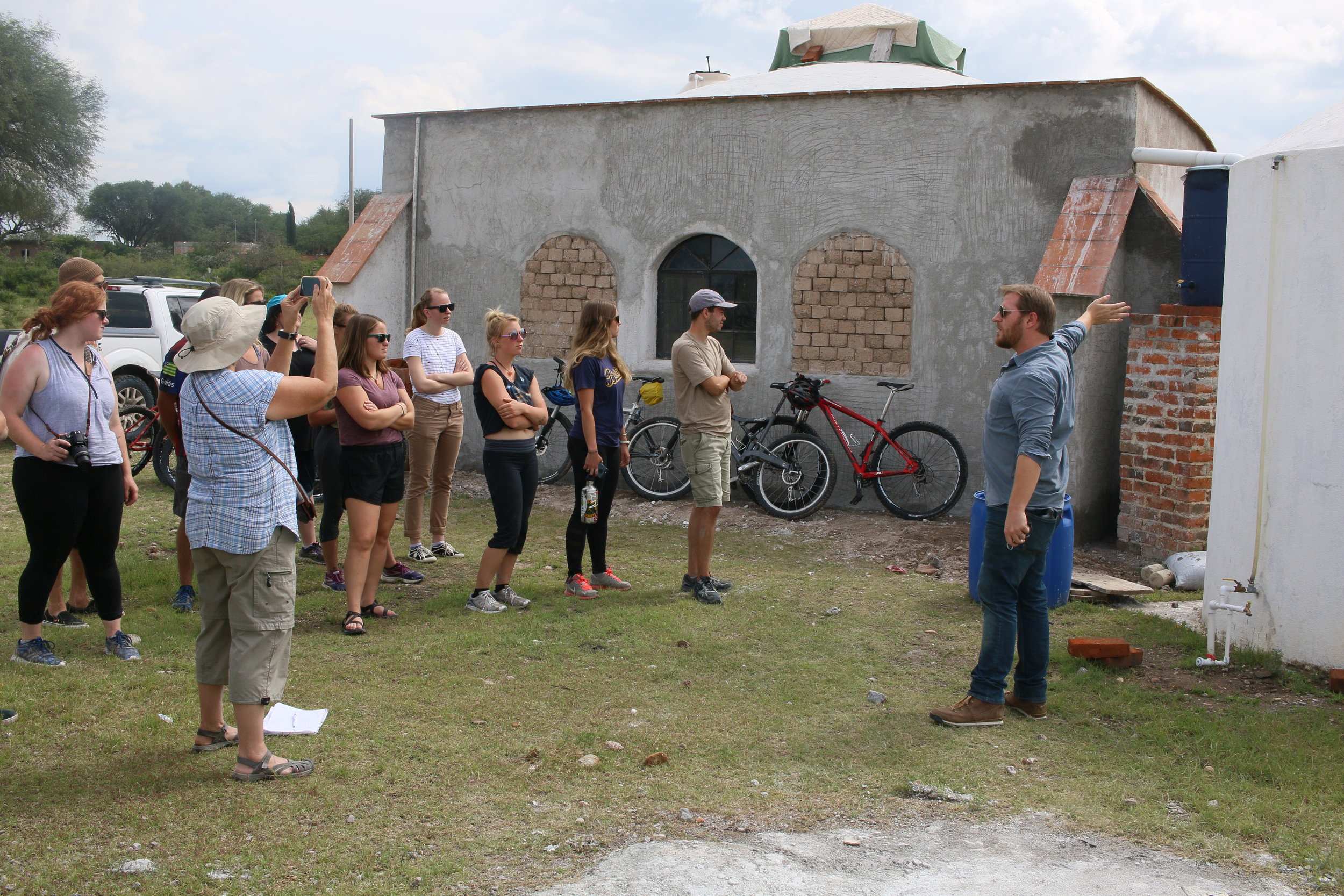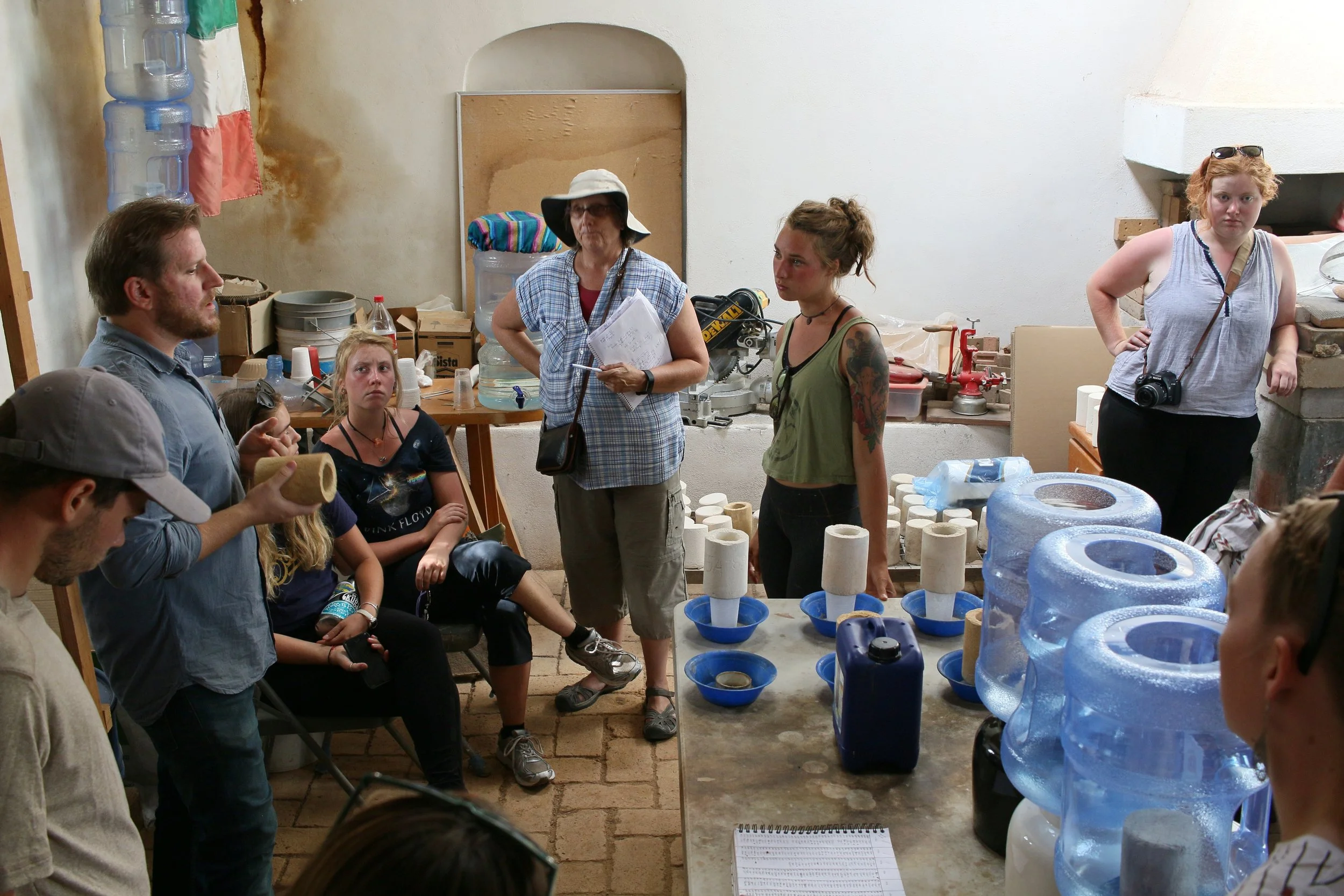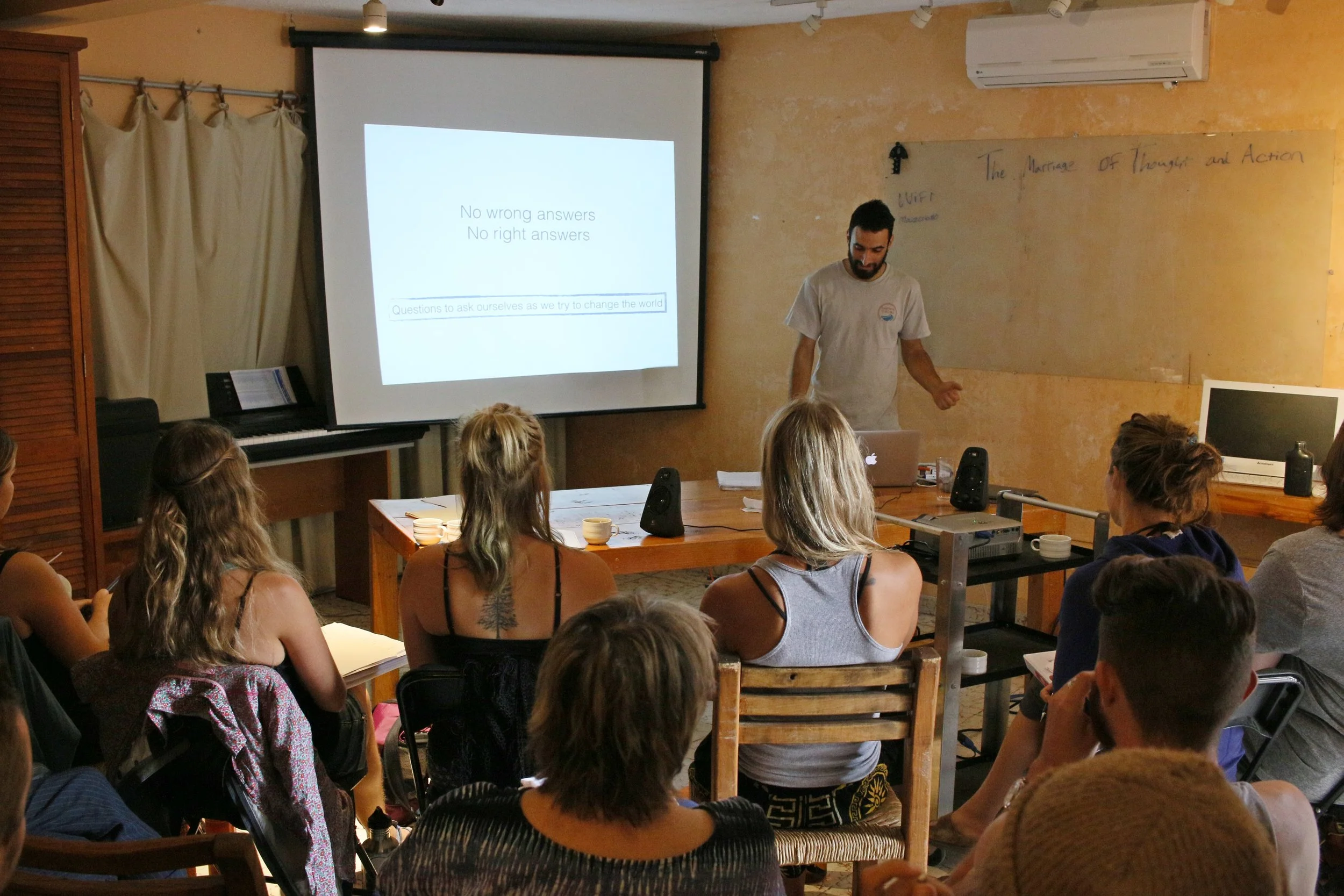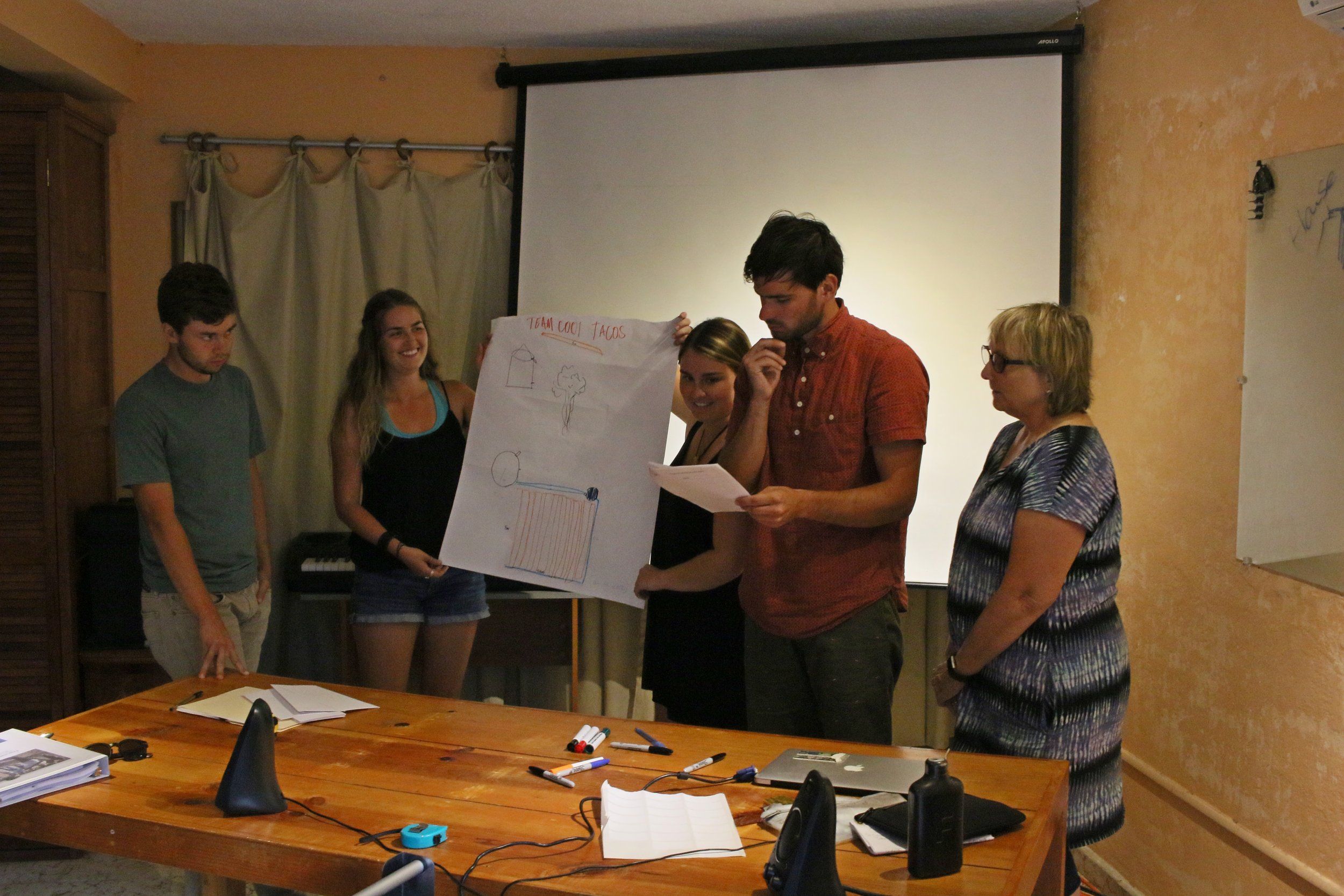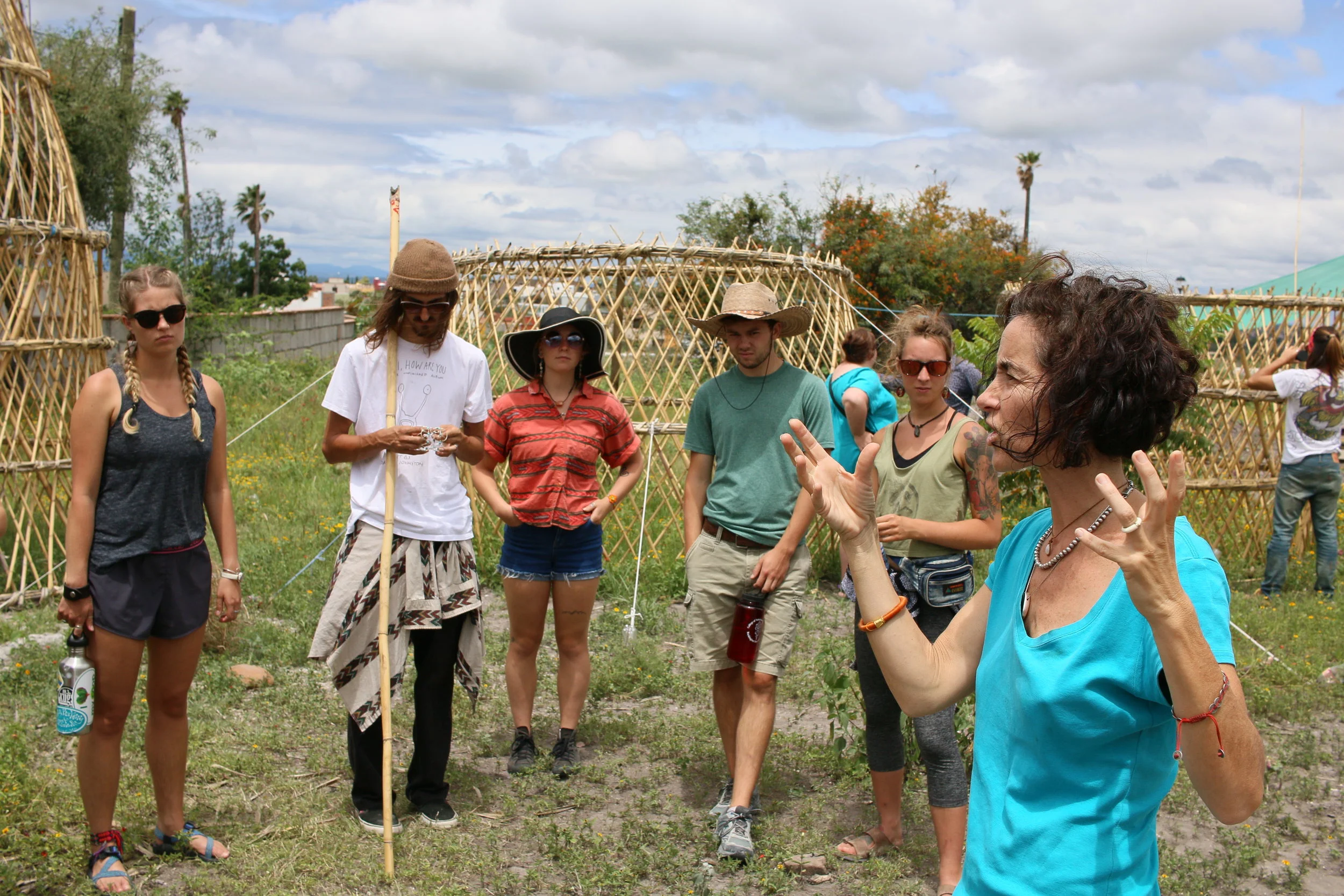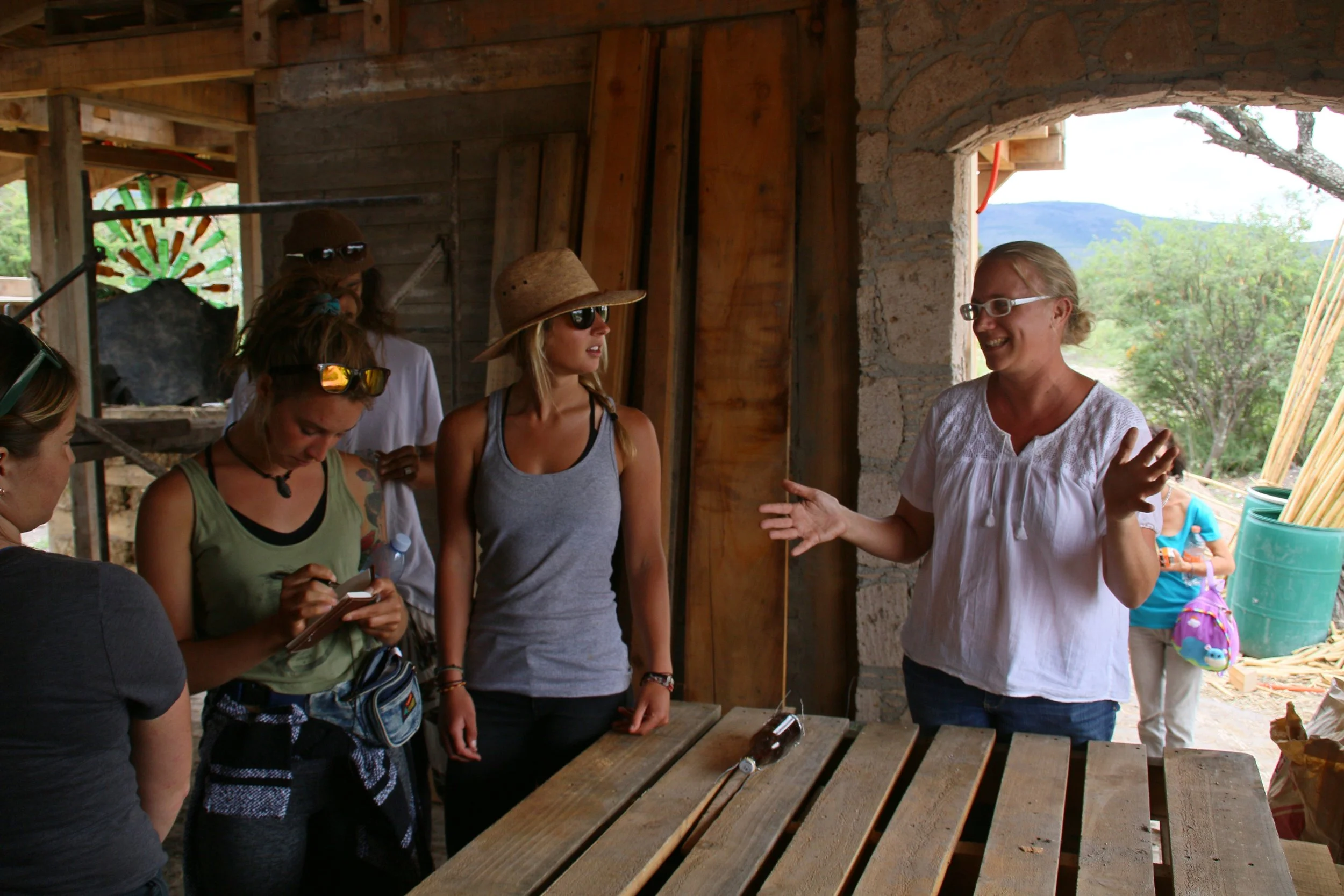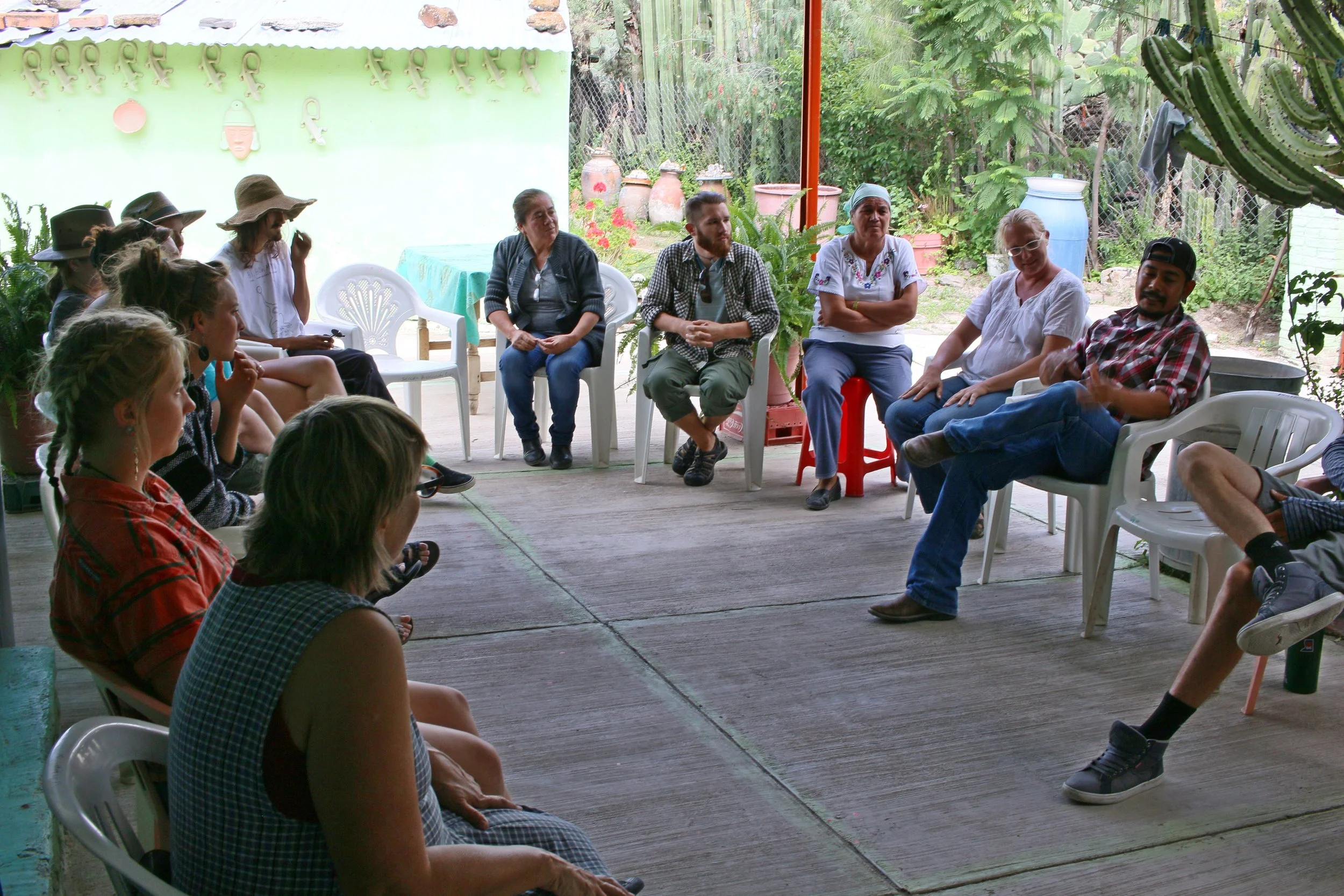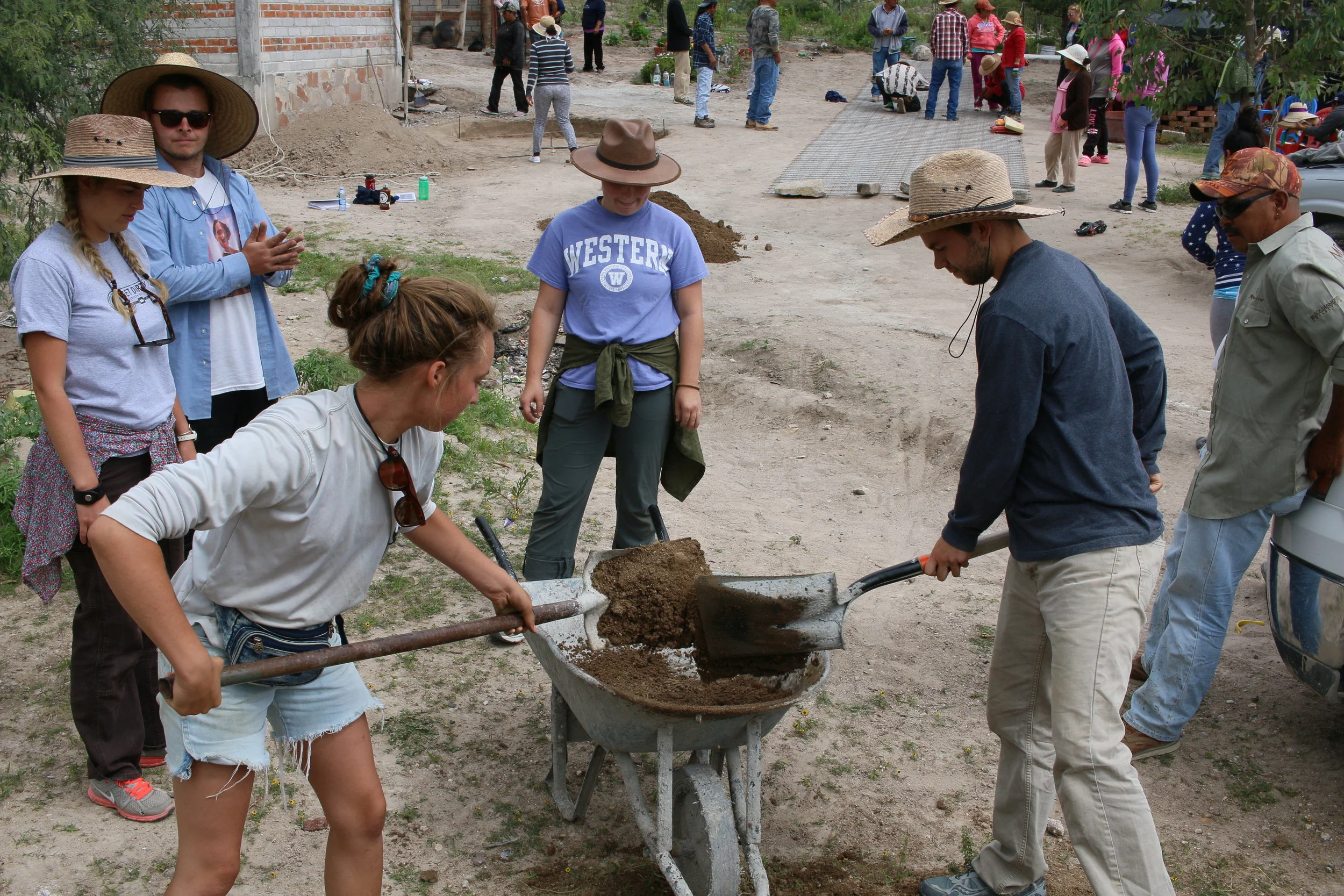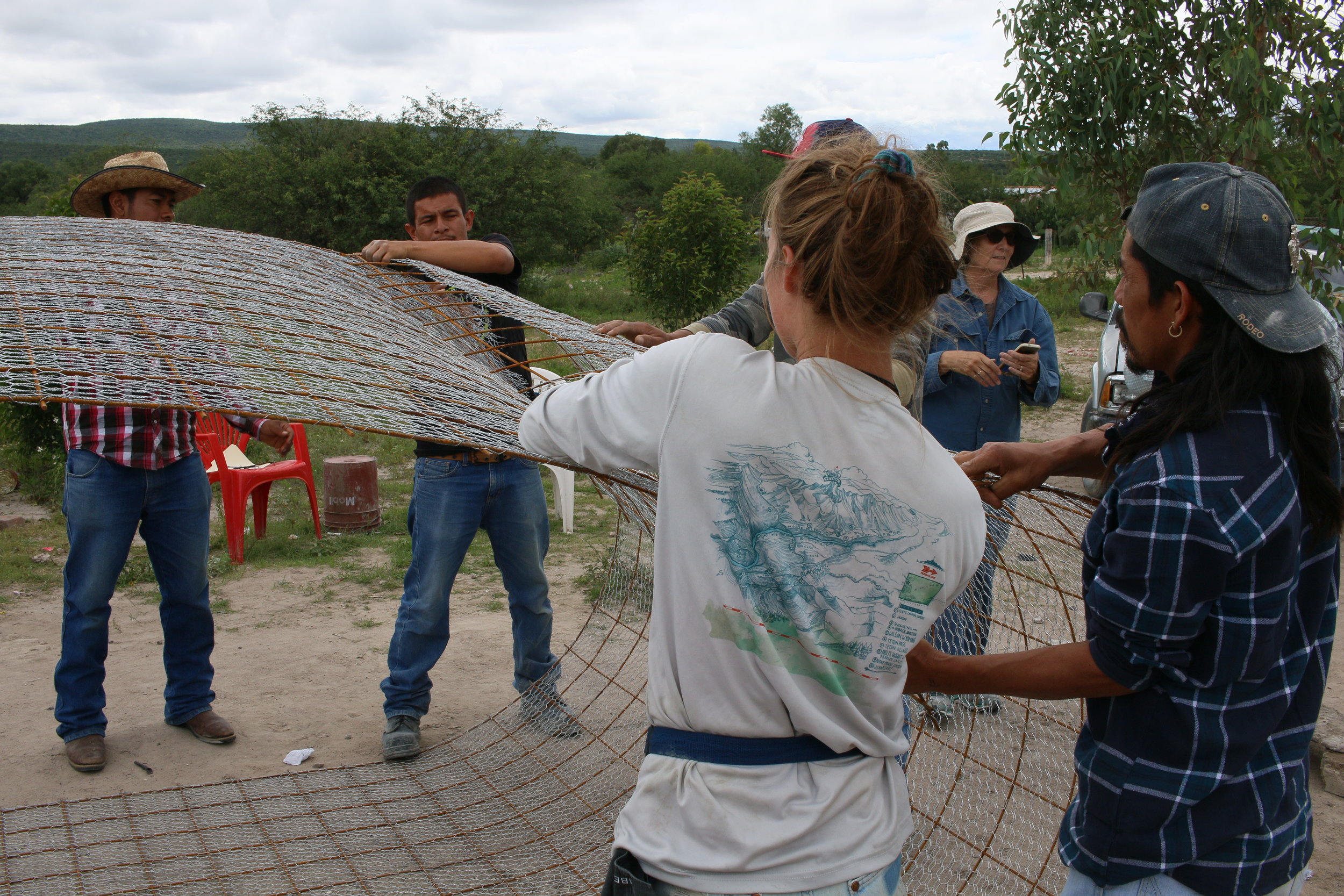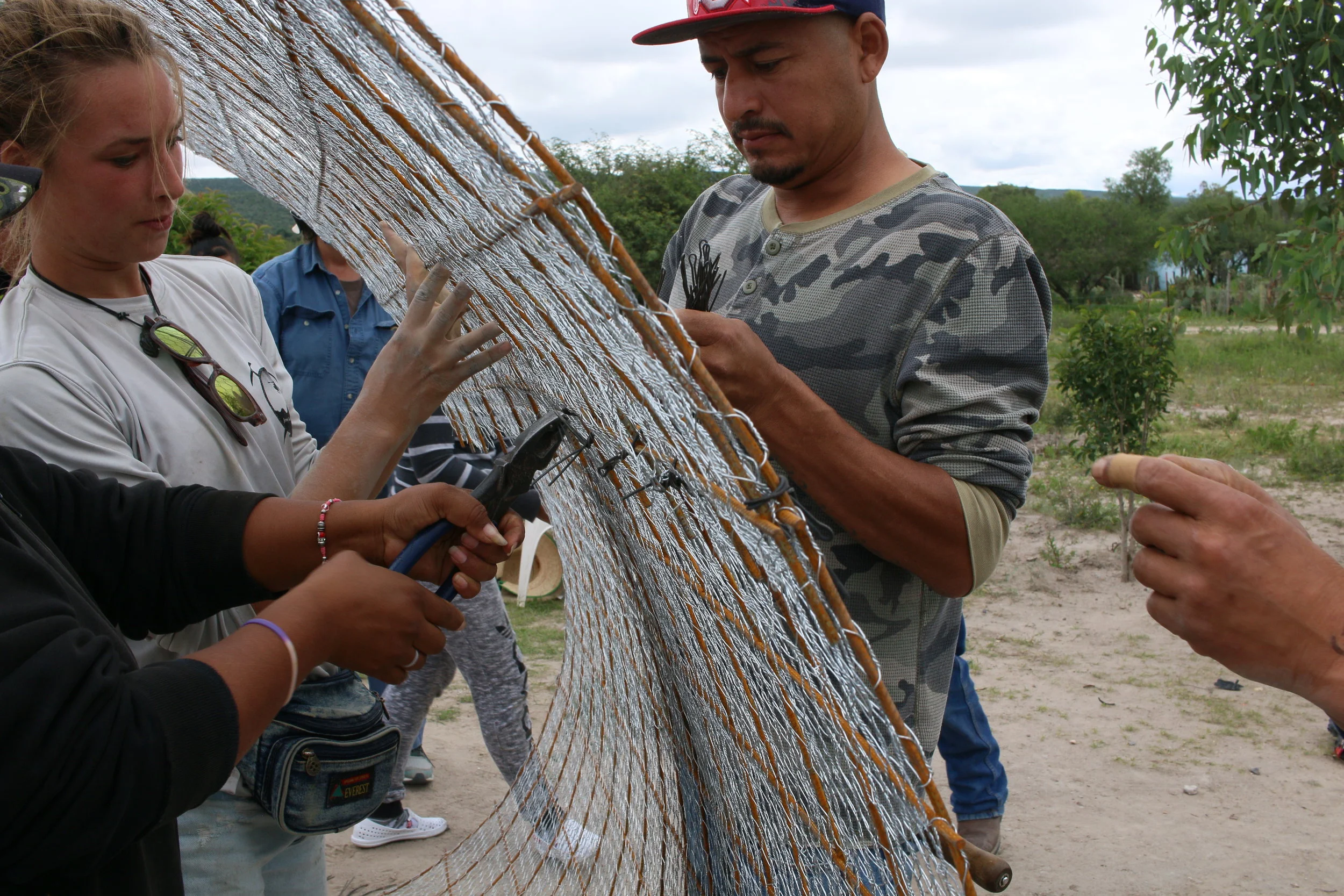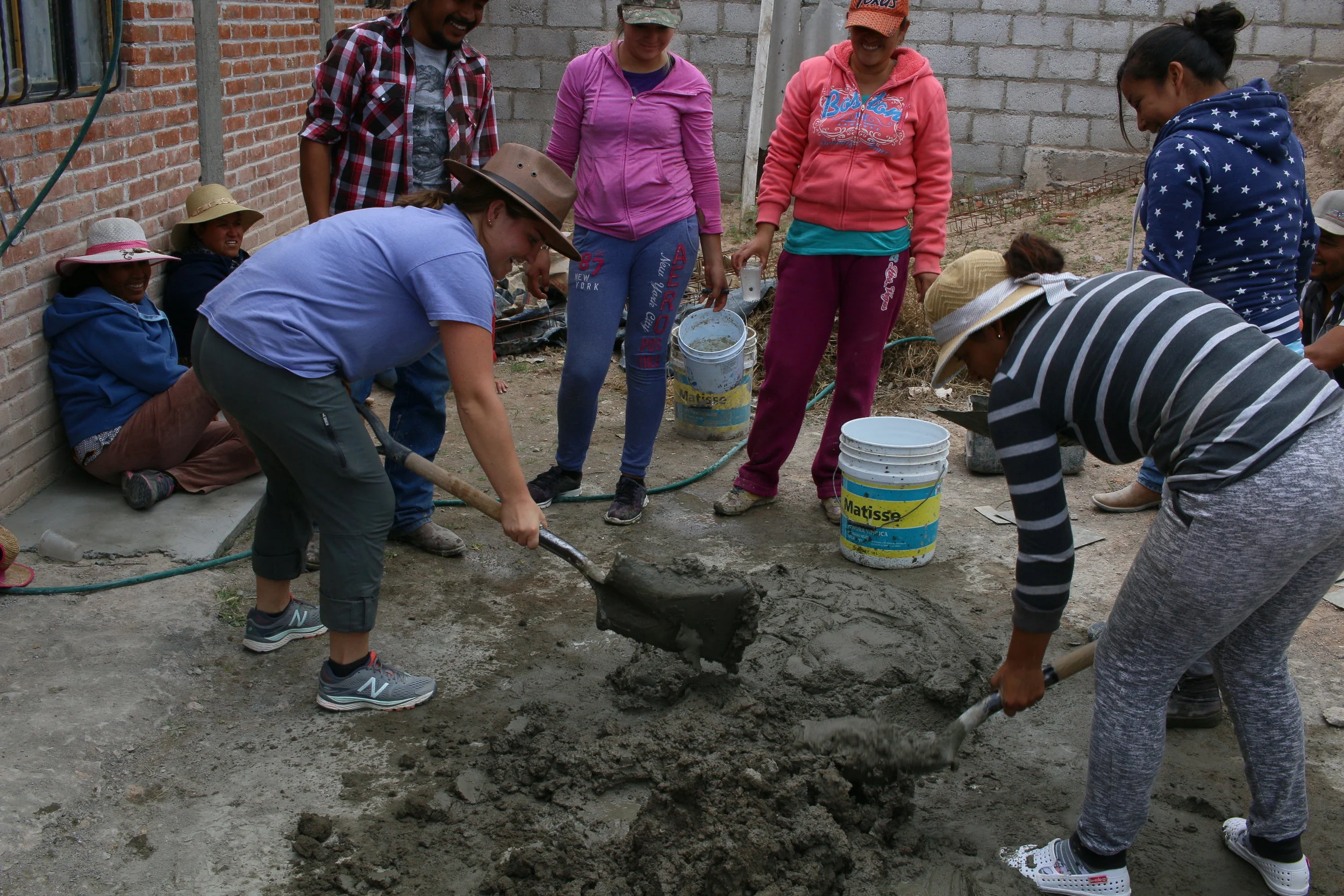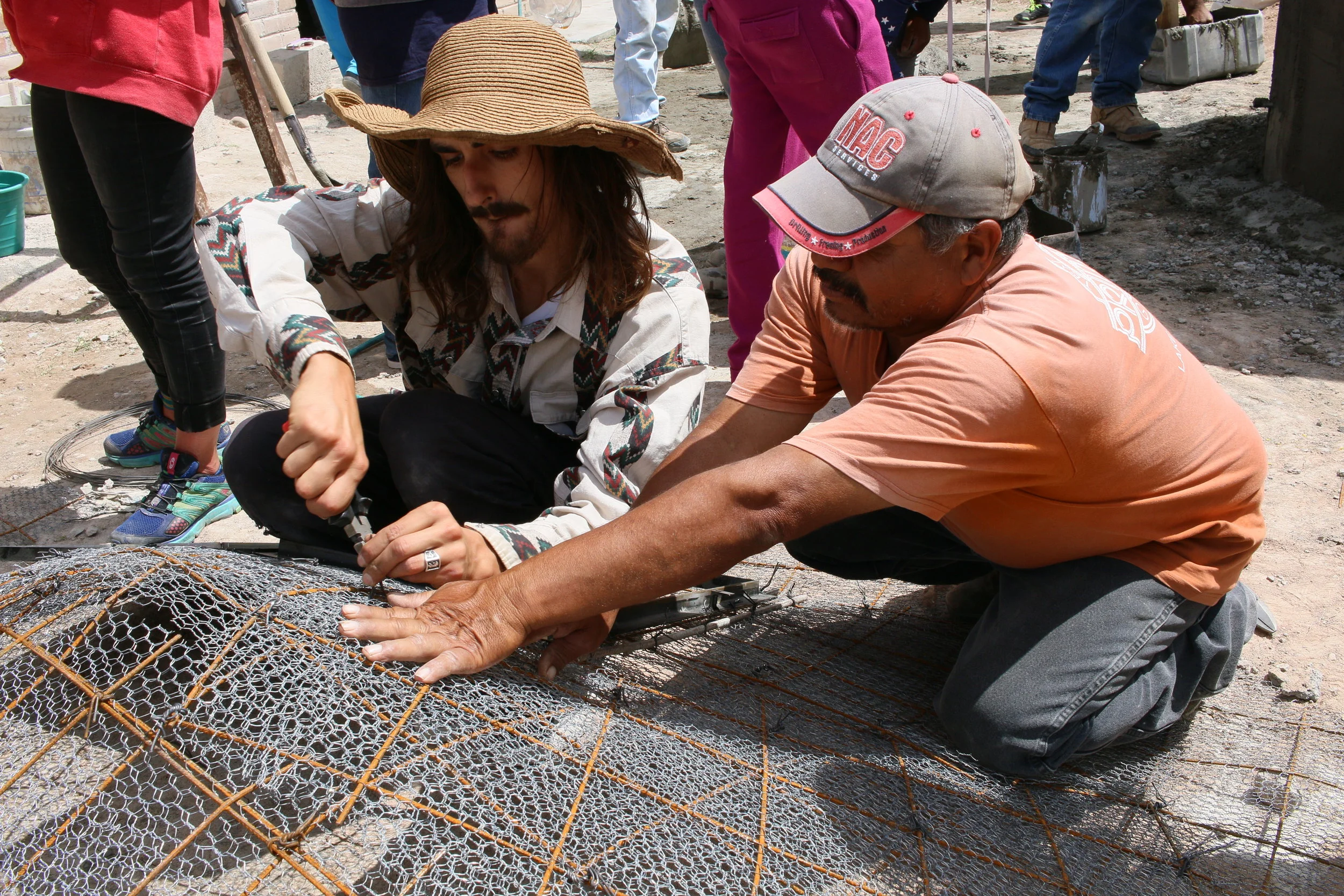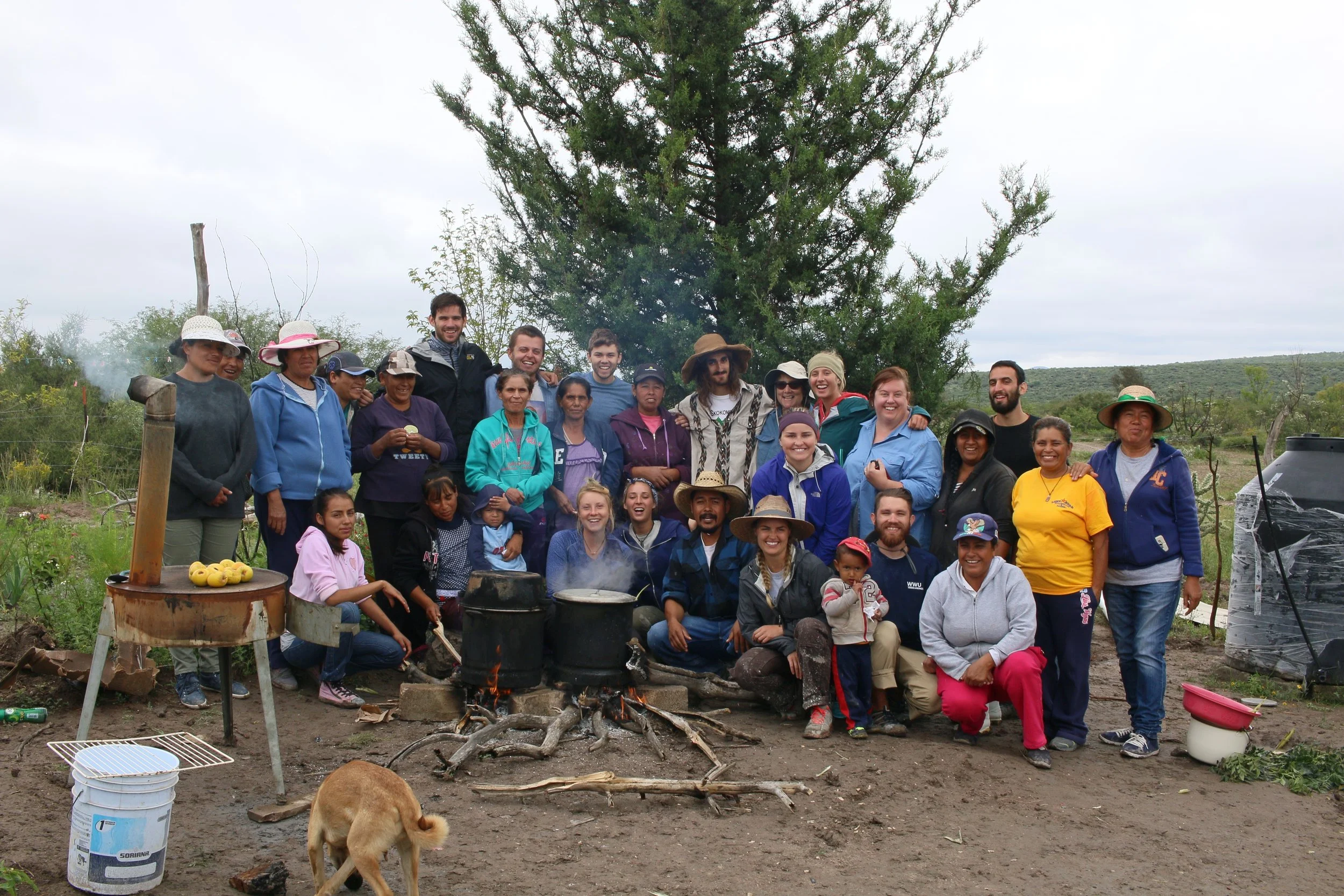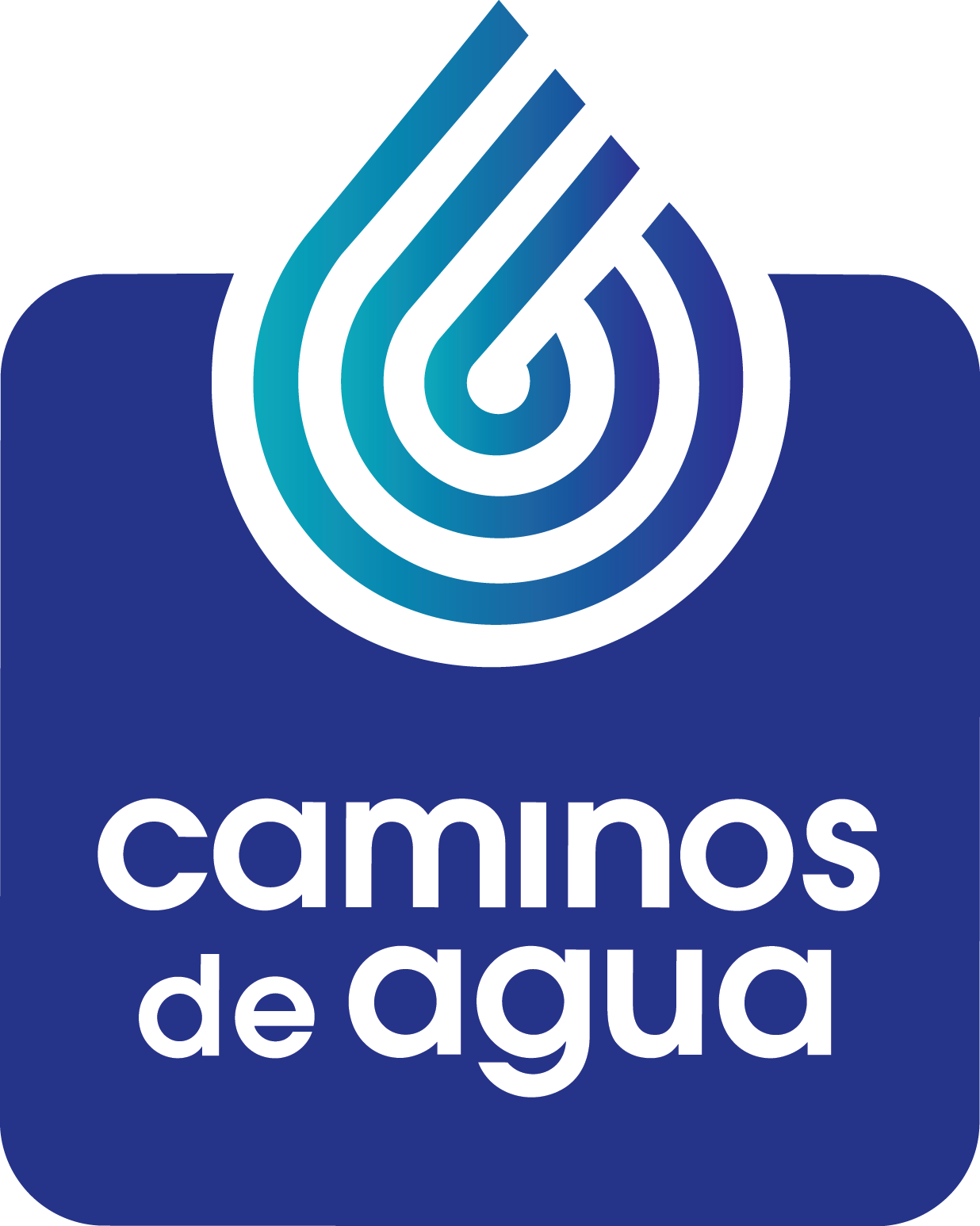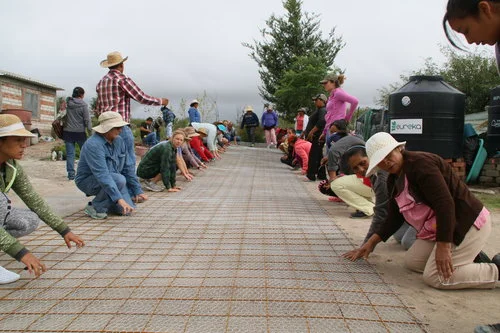Guanajuato’s water crisis serves as the basis for a U.S. university course
During the first week of September, Caminos de Agua – a San Niguel based NGO – ran a six-day course for a group of students from Western Washington university in partnership with Jorge Catalan, a local liaison with the university.
The course, for which the University issued credits, utilized the current water crisis in the State of Guanajuato’s Independence Watershed (which includes the municipality of San Miguel de Allende) as a lens to learn about the impact of development on communities, empowering communities to take action, water contaminants from a technical perspective, and developing practical community-based solutions that meet scientific rigor and are scalable to at-risk communities both regionally and around the globe.
The course intimately blended theoretical and practical hands-on learning. The students had an extensive reading list and lectures on subjects such as water politics in Mexico, understanding the impact of foreign assistance on local cultures, how to support rather than lead community organization processes, the effects of colonialism, exploitation of natural resources, and lessons from the Zapatistas – resistance, organization, and regeneration.
After the immersive lectures, the students spent a substantial amount of time observing and participating in Caminos de Agua’s current field projects in communities with high levels of arsenic and fluoride in their drinking water. These water contaminants are naturally occurring and becoming more concentrated due to unsustainable groundwater over-extraction. Among other activities, the students visited a low-cost water filter production facility, participated in building a rainwater harvesting cistern, and attended a community organizing event.
Each night, Caminos de Agua staff facilitated group reflections on the students’ readings and practical experiences. At the completion of the course Terri Kempton, one of the visiting WWU professors said, “I can’t say enough about our time with you. You were able to communicate challenging and nuanced topics like sustainable development, climate change, privilege and international cooperation and then back it up with meaningful real life experiences. It was magical to watch our students make connections and deepen their self-reflection and understanding. This was a trip that changed many lives for the better.”
Caminos de Agua‘s Executive Director Dylan Terrell commented that “while we are totally focused on working with local communities regarding water problems in our area, we think the work we do can have impact in places with similar water quality and scarcity issues anywhere in the world. Courses like this one allow us to share our expertise and help shape the people who will be managing water issues throughout the world.”
